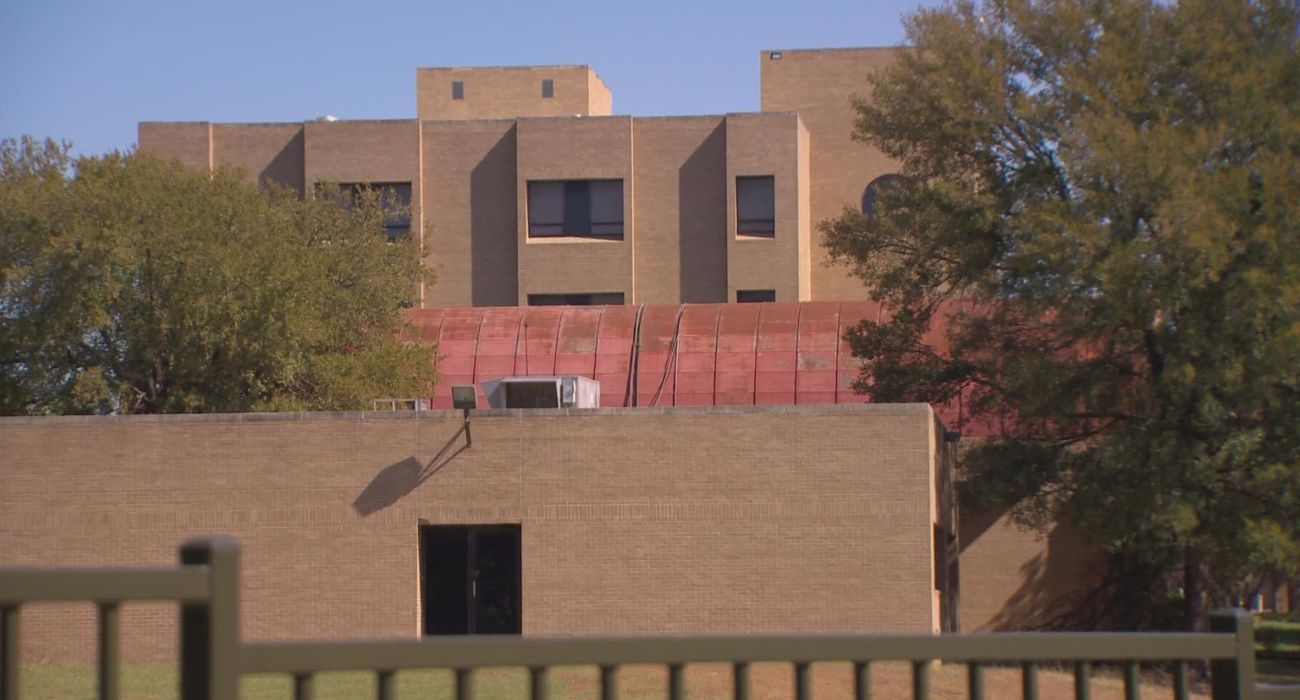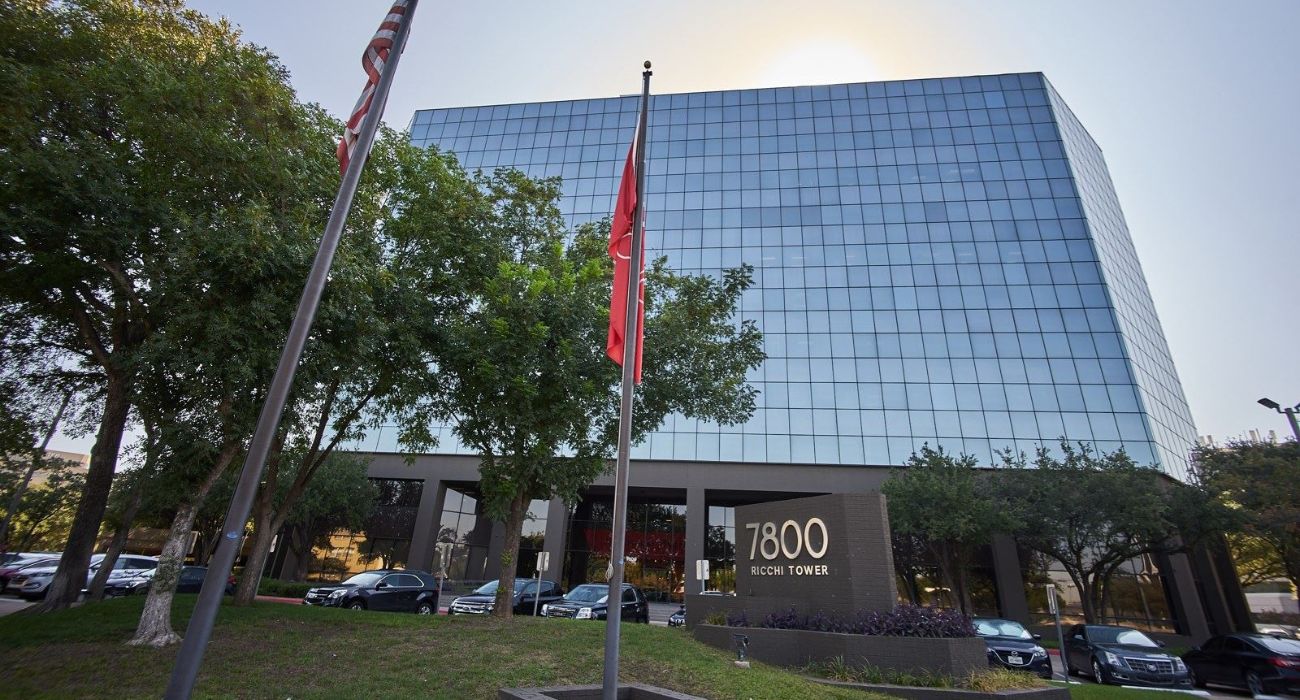Dallas City Council members are considering selling one of the buildings the City purchased to use as housing for people experiencing homelessness because of residents’ ongoing frustration with the project.
As previously reported by The Dallas Express, the City purchased an abandoned Oak Cliff hospital for $6.5 million in January 2022, intending to convert the facility into a “homeless services” center. However, many residents expressed concerns about the center’s location since it would be near an elementary school.
Residents claimed City staff did not consult with the community before purchasing the former hospital at 2929 S. Hampton Rd. The City paused development after the backlash and told The Dallas Express in September that the project had no scheduled completion date.
Council Member Zarin Gracey represents District 3, where the project is located. He was elected in May this year after the facility had already been purchased. During Wednesday’s council meeting, Gracey advocated for the City to sell the building.
“It is my desire to sell that property and potentially use the proceeds to build out Independence,” Gracey said. “I do want to continue to keep an open mind.”
As reported by The Dallas Express, the City has another vacant homeless services facility at 4150 Independence Dr. The former extended-stay hotel was purchased by the City for $5 million last year. About 40 people were evicted from the hotel, but the City has yet to renovate the location’s residential units for transitional housing for people experiencing homelessness.
Council Member Carolyn King Arnold, whose district (4) is directly across the street from the Hampton Road project, said her constituents also favor selling the property.
“In terms of my community … they are getting extremely frustrated with this process, and they really want it to be put to bed,” she said. “I did have one [resident] that wrote that said we should not be paying any more money on this item.”
Arnold added that some residents “feel like the best thing [the City] can do is to sell it.” She said people remain concerned about the facility being close to the elementary school, their homes, and Keist Park.
However, Council Member Omar Narvaez (District 6) said he could not support selling the property because the City needs housing projects for people experiencing homelessness.
“If the ultimate goal is to sell it, I’m not going to be able to support that,” he said. “We want to make sure that these residents in our City that don’t have shelter are treated with dignity and respect. … I want to make sure that we do everything we can to make sure that these folks are helped because we have need all over the city.”
Narvaez said he hopes residents will be “open-minded” regarding the project.
Council Member Cara Mendelsohn (District 12) said the tumultuous process should serve as a lesson for the Dallas City Council moving forward, especially with regard to garnering community input before spending a large sum of taxpayer money.
This discussion occurred as council members considered paying Wright Choice Group $34,200 for consulting services for the project. The council members postponed a long-term consulting contract until the City determines the property’s future.
The Office of Homeless Solutions is scheduled to present a variety of options for the future of the property to the Housing and Homelessness Solutions Committee in March.
As previously reported by The Dallas Express, the City’s vacant properties were also raised during a recent briefing on the upcoming 2024 bond program. City staff told council members that their recommendations for the $1.1 billion bond do not include any funding for renovating these properties.
Meanwhile, polling has found that 76% of Dallas residents remain frustrated with homelessness, vagrancy, and panhandling. While the City is involved with several homelessness response initiatives, none have employed the “one-stop-shop” model in which housing and supportive services are offered on the same campus, a model that has been credited with a 77% reduction in homelessness in San Antonio.
However, some local stakeholders are now working to bring that model to Dallas. Such a model has polled favorably among Dallas residents, but it remains to be seen whether the City of Dallas will embrace the approach.






